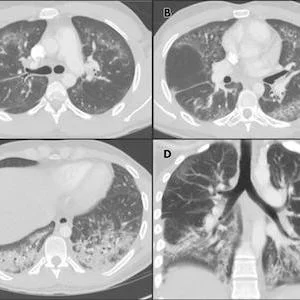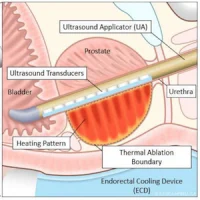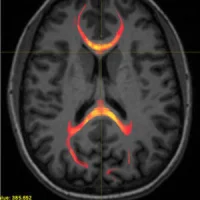Amidst the current outbreak of lung disease associated with e-cigarette use or vaping in the U.S., a panel of experts will be discussing this public health issue during a special session today (2 December) at the annual meeting of the Radiological Society of North America (RSNA) in Chicago.
You might also like: E-cigarette & Vaping Products Blamed for Lung Disease Outbreak
The "Special Interest: E-cigarette/Vaping-associated Lung Injury (EVALI)" panel discussion, scheduled from 4:30-5:30 pm, is set to explore the scope of the problem. Panellists will discuss imaging findings and histopathology associated with vaping-related lung injury. In addition, there will be a presentation on how vaping affects the vascular system and a Q&A with the panellists.
E-cigarette inhalants, upon vaporisation of the e-cigarette solution, contain potentially harmful toxic substances that can cause lung injury and, in some cases, inhibit vascular function. As most patients involved in the outbreak have reported using products containing tetrahydrocannabinol (THC), the Centers for Disease Control and Prevention recommends that people avoid e-cigarette products that contain THC.
Radiographic and CT findings of diffuse pneumonitis have emerged as characteristic findings in patients affected by the vaping-related lung injury outbreak, according to Jeffrey S. Klein, MD, RSNA Board Liaison for Publications and Communications and A. Bradley Soule and John P. Tampas Green and Gold Professor of Radiology at the University of Vermont College of Medicine in Burlington.
"In our efforts to educate radiologists about this potentially fatal condition they may encounter in younger patients with acute respiratory symptoms, the RSNA has organised a special session at RSNA 2019 where experts will provide up-to-date information regarding key radiologic, pathologic and physiologic findings associated with this critical public health issue,” he explained.
Dr Klein participated in calls with the CDC, as it worked with various medical specialty groups to investigate and identify potential causes of vaping-related lung injury. In September, he produced a brief educational video aimed at updating radiologists on this topic, so that they could be well positioned to assist in identifying cases.
Today's special session at RSNA 2019 will feature Dr Klein and these other experts:
- Mark L. Schiebler, MD, professor of cardiothoracic radiology at University of Wisconsin School of Medicine and Public Health - Madison;
- Travis S. Henry, MD, associate professor of clinical radiology at the University of California, San Francisco;
- Seth J. Kligerman, MD, associate professor of radiology and section chief of cardiothoracic imaging at the University of California, San Diego;
- Brandon Larsen, MD, PhD, consultant and associate professor of laboratory medicine and pathology at Mayo Clinic in Scottsdale, Ariz.; and
- Alessandra Caporale, PhD, post-doctoral researcher in the Laboratory for Structural, Physiologic and Functional Imaging at the University of Pennsylvania Perelman School of Medicine in Philadelphia.
After attending this special interest session, radiologists and other medical professionals should have a greater understanding of the public health implications of the vaping-related lung disease outbreak in the U.S. They will also become familiar with common CT and X-ray findings associated with the condition, and how the pathology helps to define the possible causes of this disorder. Lastly, attendees will know more about vaping's impact on vascular function.
"As we learn more, RSNA will continue to keep radiologists informed on this important public health topic," Dr Klein said.
Source: Radiological Society of North America










